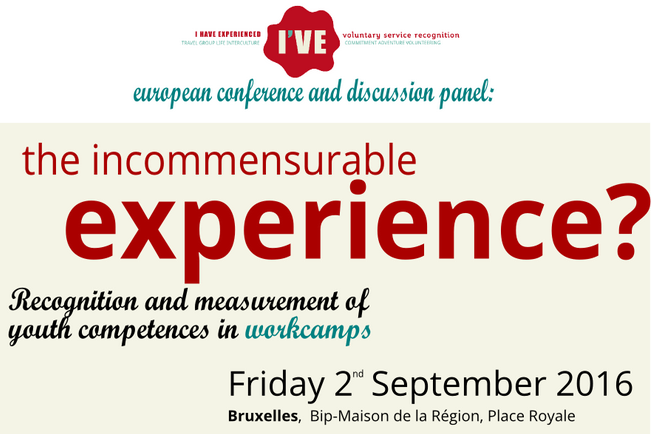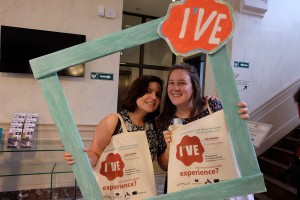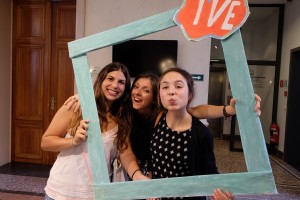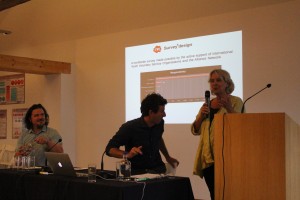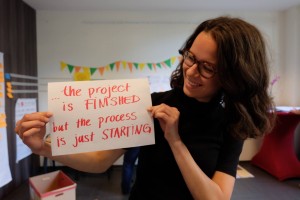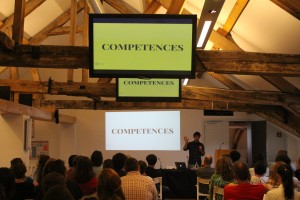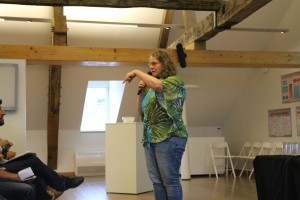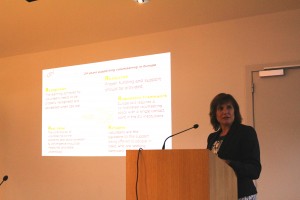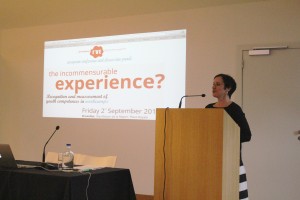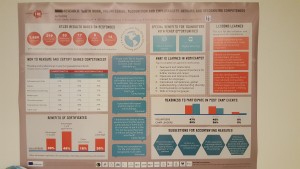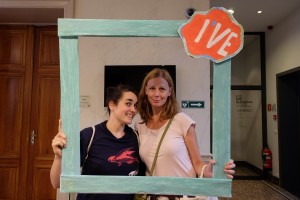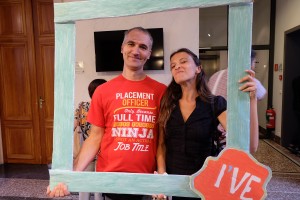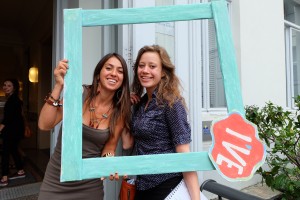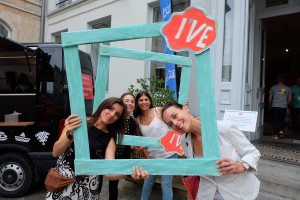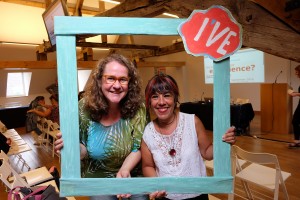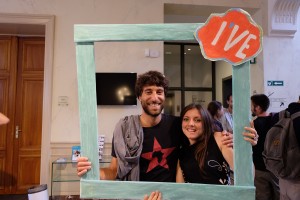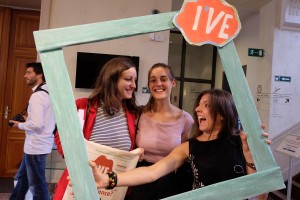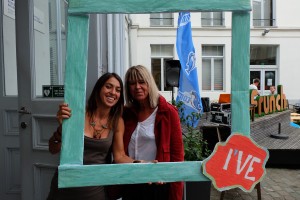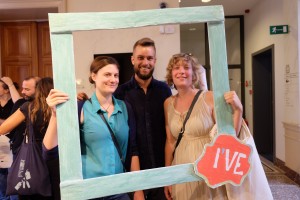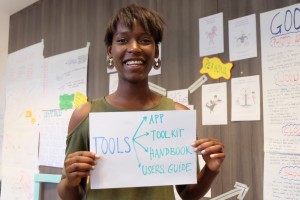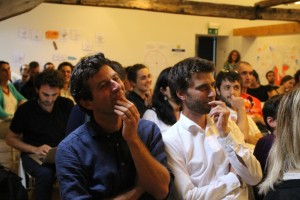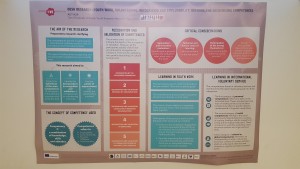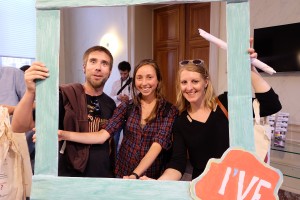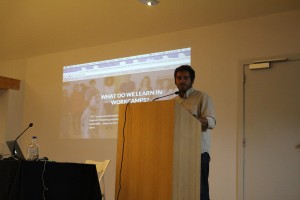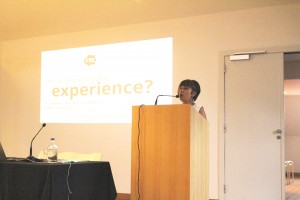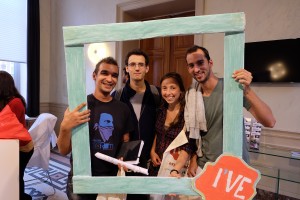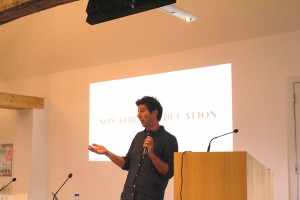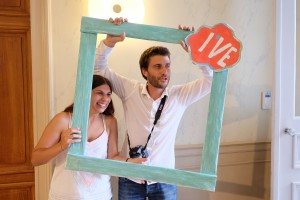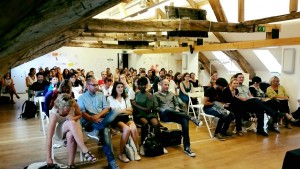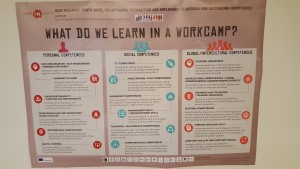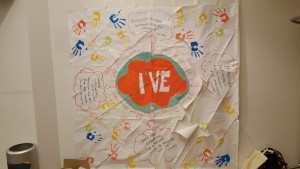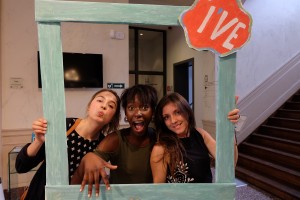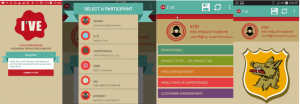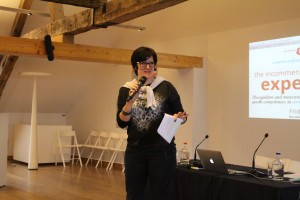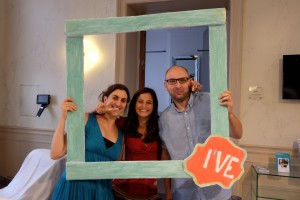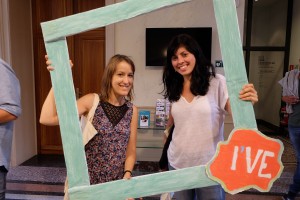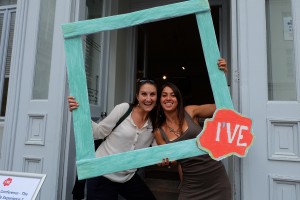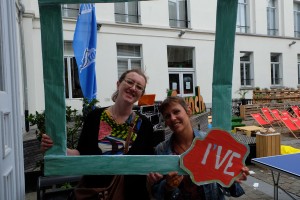I’VE, a journey through volunteers’ competencies
The European project for the innovation in competencies recognition tools, is going to its end, but the process just started.
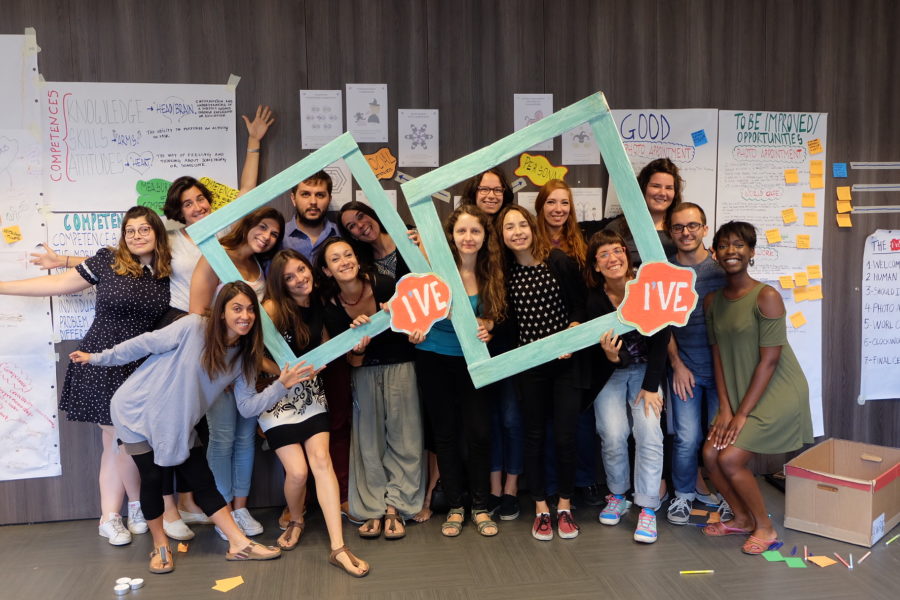
We went to Brussels for 8 days, between August 27th and September 3rd, where we put the I’VE system in the hands of volunteers and facilitators. We also gathered 60 organizations to discuss the results of the project and debate on the educational and political developments of the recognition of informal learning in volunteering.
Questions & Challenges
The project I’VE has been an intense and powerful experience for all those partners involved. We felt the need to put forward the results and the visibility of the last two-year work, through two final activities: an international seminar to evaluate, test and improve I’VE system, and a final presentation conference for Alliance members and other local and international stakeholders.
From Finland to Korea, from Catalonia to Russia, from Mexico to France, we have tested a model which for the very first time involved peer support, mobile device and nonformal learning.
Particularly during the seminar, the team of trainers from Lunaria and the Alliance tried to respond to the following challenge: how to foster an awareness of learning in workcamps? How to keep the spirit of the workcamp alive while discovering the world of competencies and recognize them? How to help volunteers in a sustainable and supportive way?
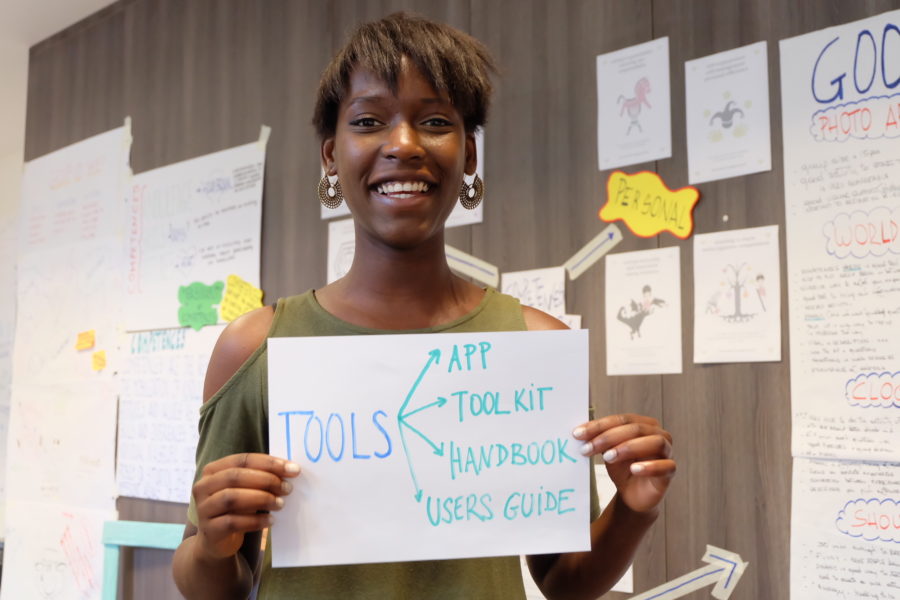
Listening the volunteers
After the 2015 test phase and the following review of the system’s tools in the first half of 2016, between the end of August and the beginning of September, in Molenbeek, we asked 16 volunteers and facilitators to think about the model in its social implications, analyzing its usability on young volunteers from various social and personal backgrounds. Here is their contribution:
The Conference
On September the 2nd, 60 organizations and institutions gathered to summarize the final results, in the conference “The incommensurable experience? Recognition and measurement of youth competences in workcamps”. The challenge of open education brings us to include, besides the traditional formal agents, practices of informal and nonformal learning. This is just the beginning! Does it still make sense to measure learning, for example?
If learning is an open-ended process, using a pre-established and fixed meter to assess it does not seem to be a good idea: it is costly, out of context and maybe of little use. The recognition of the value of “alternative” learning is far from being reached, and the emphasis on employability (an asset in the current educational policies) seems to decline. The volunteering organizations and their national and European representatives have to necessarily be in charge of elaborating practices and working on new scenarios, in order to strengthen the value of young volunteers’ commitment and reinforce the educational as well as the civic dimension of volunteering.
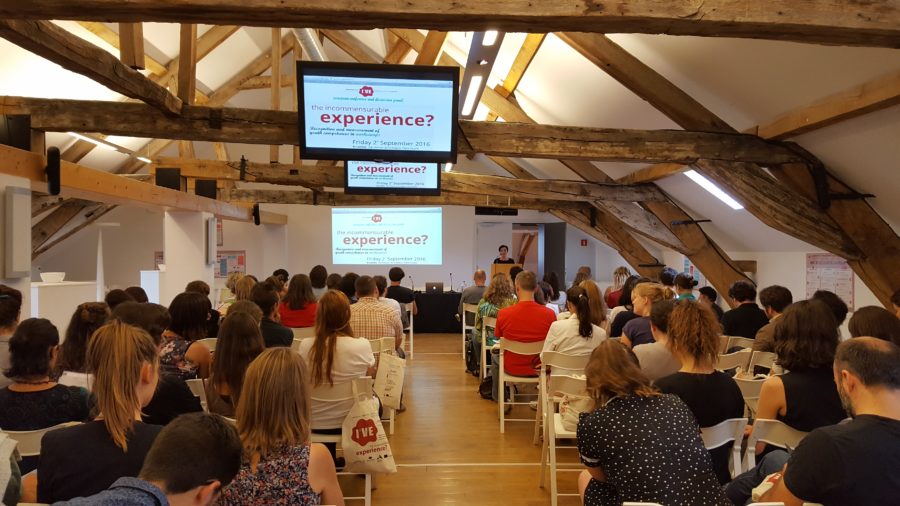
Lunaria, Compagnons Batisseurs asbl, the Alliance and all the participating organisations, would like to thank the guests who provided valuable inputs for reflections and insights for further work, on the topic of volunteering recognition: Tanya Basaran (Youth partnership EU-CoE), Gabriella Civico (CEV), Rita Bergstein (SALTO Training and Cooperation Research), Adele Tinaburri (Italian Youth National Agency), Marcio Barcelos (European Youth Forum), Tomi Kiilakoski (Finnish Youth Research Network), Karin Stiehr (Institute for Social Infrastructure), Laurence Hermand (Belgian Youth Agency), Cédric GARCET (Youth Ministry of Brussels-Wallonia Federation), Marcello Mariuzzo (Lunaria) and Jelena Ristic Beronja (Alliance).
